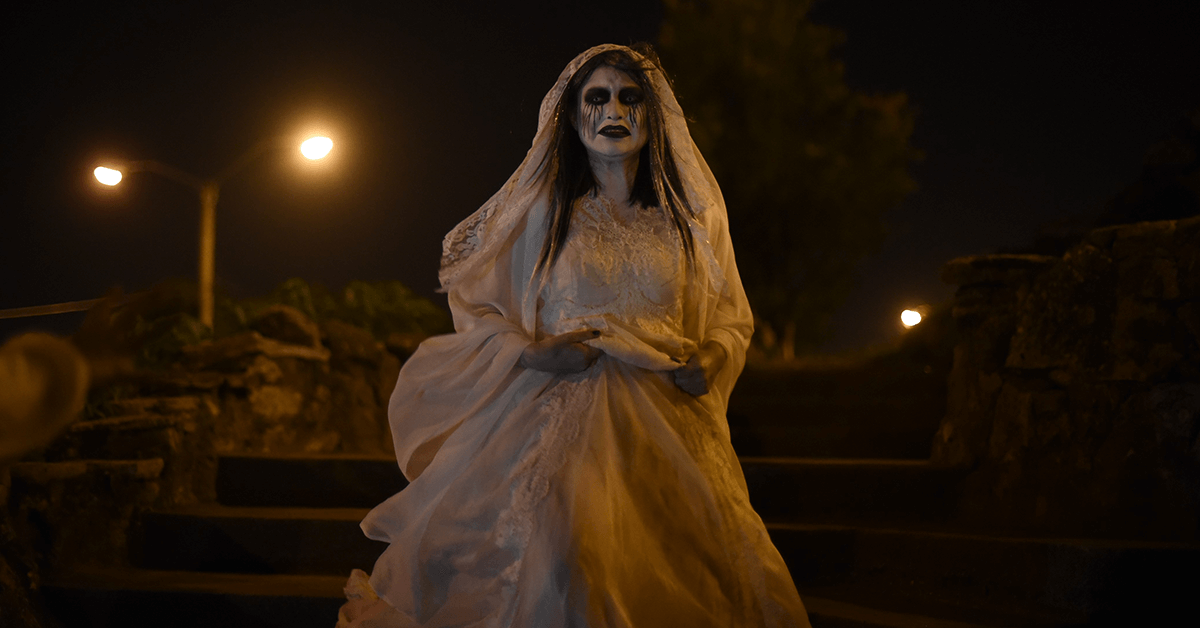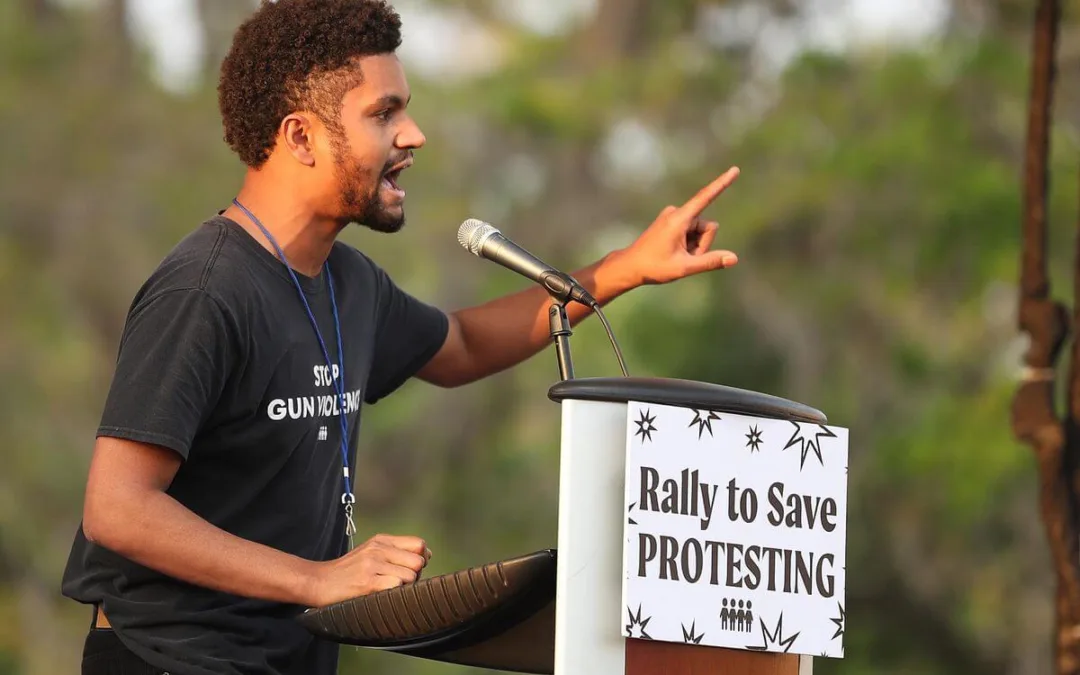
Image via Ilia Calderón/Univisión
The first Afro-Latina anchor of Univisión tells us how to use this critical moment in the discussion of racism and equality.
There once was a 7-year-old girl from a predominantly poor Black town in Colombia called Istmina, in the west region of El Chocó. She walked on unpaved streets to school, did her homework at night next to a candle, and her home regularly flooded. In spite of the hardships, she had a rebellious spirit, and dreamed of something big for herself. The curiosity within her pushed her to take risks and confront the obstacles she found on the way. That little girl is me.
I have always embraced being part of a minority within a minority. I am a woman, I am Latinx and I am Black. That was never an issue for me, but it has certainly been for others. When I was 10 years old, I begged my mother to let me move to Medellín, a bigger city, to continue my studies. But the quest for bigger opportunities also meant experiencing racism for the first time, hearing things like, “Black? Not even my horse!” or “You’re pretty, for a Black girl!”



Although I was deeply hurt, I decided to keep that pain private, and pretend it did not bother me. I wouldn’t let it derail me from my goals. I was 22 when I attended a casting at a local television station. They were looking for a Black female anchor. That was the first step to becoming the first Black woman to anchor a national newscast in Colombia years later. Today, working at Univisión Network in Miami, I am honored to be the first Afro-Latina to anchor a national newscast in Spanish in the United States, and represent the 3 million Afro-Latinos (one out of every four Latinos) living in the country.
Every time I face the cameras, I feel extremely proud of my accomplishment but, more important than that, I think that there needs to be more people like me. The industry needs to be more inclusive and there should be an equal representation of the diversity of our audience and community.
RELATED: A Latina Teen Organized a Black Lives Matter Protest in a Conservative Texas Town. Over 1,000 People Showed Up.
One of the most challenging assignments I have received was when I had to interview a Ku Klux Klan leader in 2017. He called me the n-word and a “mongrel,” and threatened to burn me out of his property. His insults showed me just part of the racism that people of color put up with every day in this country, but not all racism is so evident. Some of it is more subtle, or so ingrained that we take it as business as usual. But then you look at the numbers and think twice: Why is the annual average income of a white family around $171,000, but only $17,150 for a Black family? Why are African Americans incarcerated at more than 5 times the rate of whites?
Covering George Floyd’s death at the hands of a police officer, and the protests that followed has been difficult and emotional for me both as a journalist and as a Black Hispanic woman. The Black Lives Matter movement brought the conversation about police brutality, racism, and inequality to the spotlight, topics that we need to continue addressing on the air on a permanent basis. In 2009, the year President Obama took office, just 36% of white Americans said the country needed to do more to ensure that Black people gained equal rights, when asked by the Pew Research Center.
By 2017, four years after the start of the Black Lives Matter movement, that number had leapt to 54% of white people, and roughly 3 in 5 Americans overall. In my first book, titled My Time to Speak, I told my story, but also the story of many other young women of color that see themselves in me. I wanted to inspire those young Black girls to dream big and know that we have a job to do: put an end to racism. This is a great moment to learn, educate ourselves, and take action. It starts with putting yourself in the shoes of the other person, and knowing that the color of your skin should not dictate what you do, or don’t get to do, in life. No one is born racist. We must unlearn the racism that is still being taught as I write this.
WATCH: Actor Modesto Lacén Speaks Out About George Floyd’s Killing
Politics

Teamsters and UPS Reach Tentative Deal to Avoid Strike, 340,000 Workers to Get Raises
The tentative deal represents a huge win for full- and part-time UPS Teamster workers, who would get significant pay raises and better working...



One Republican Senator Is Blocking 265 Military Promotions, Leaving the Marines Without a Confirmed Leader
Sen. Tommy Tuberville's decision means these military officers are not getting the pay raises they’re owed, cannot move their families to wherever...
Local News



Teamsters and UPS Reach Tentative Deal to Avoid Strike, 340,000 Workers to Get Raises
The tentative deal represents a huge win for full- and part-time UPS Teamster workers, who would get significant pay raises and better working...



One Republican Senator Is Blocking 265 Military Promotions, Leaving the Marines Without a Confirmed Leader
Sen. Tommy Tuberville's decision means these military officers are not getting the pay raises they’re owed, cannot move their families to wherever...




